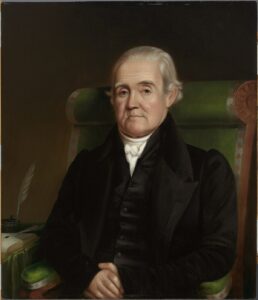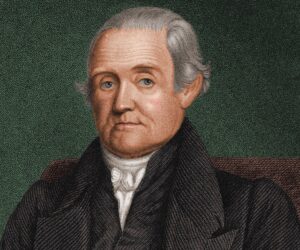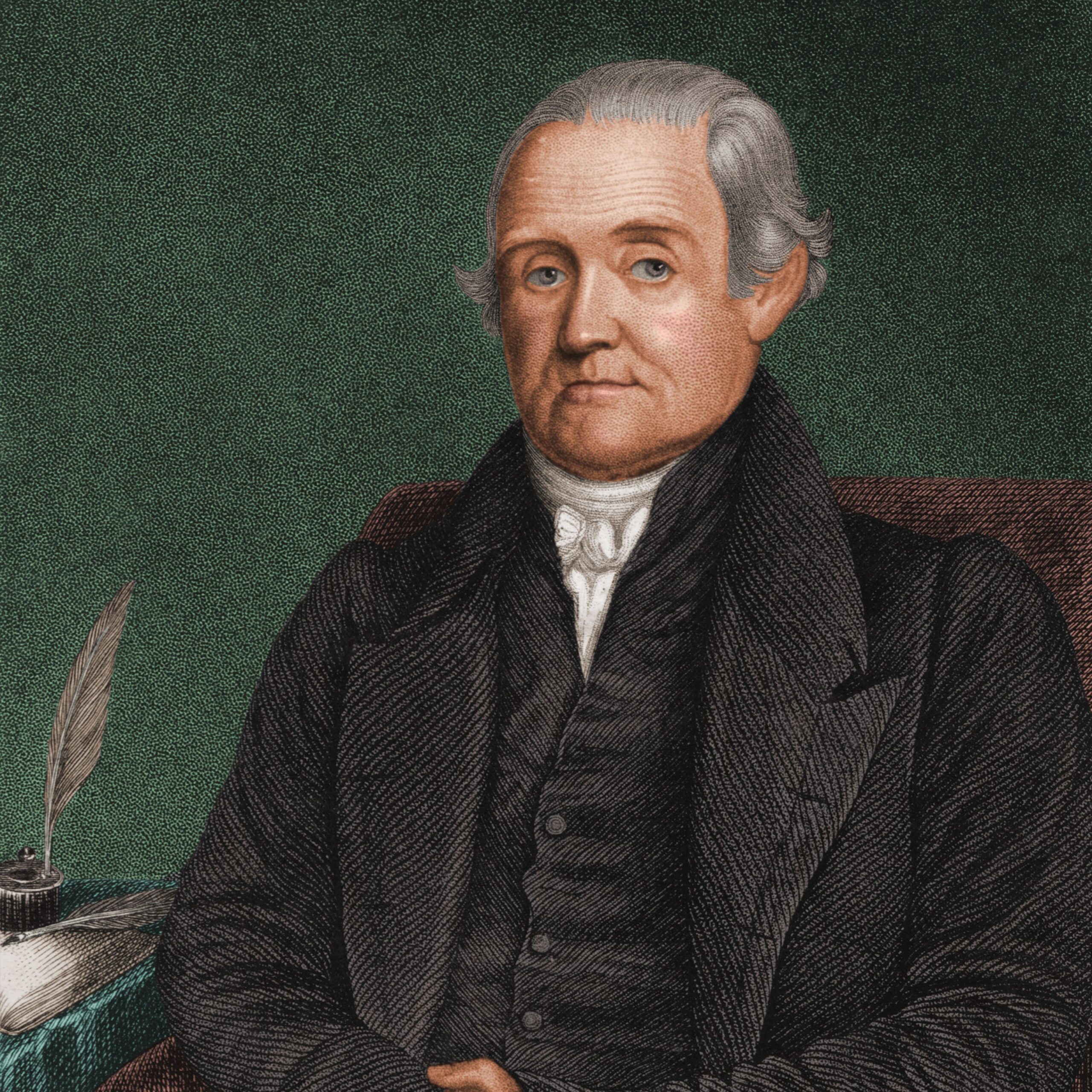He was born on October 16, 1758 in Hartford, Connecticut. He really enjoyed studying and translate english to tagalog correct grammar, and at the age of 16 he entered Yale University, then the only institution of higher education in Connecticut. His studies coincided with the Revolutionary War, and therefore classes were sometimes held in the city of Glastonbury.
Webster served with the Connecticut National Guard. He could not afford studying at a law college, so he began to teach himself. He eventually got his law degree, but never formally worked in his specialty.
In 1793, Alexander Hamilton, one of the founding fathers of the United States, loaned Webster, who was in financial trouble, $ 1,500 to move to New York, where he later founded New York’s first daily newspaper, American Minerva. Webster was also involved with The Herald’s bi-weekly A Gazette for the Country. For several decades, he remained the most successful author of the new nation.
Webster tried himself as a teacher, but he did not like American schools. There were problems with staffing, schools were poorly equipped and overcrowded – up to 70 children of various ages could study in one class. Webster came to the conclusion that Americans should learn from books written by Americans themselves. He wrote three volumes of teaching standards. They included a primer, grammar and reader. The dictionary was developed on the basis of the “Blue Primer”, so named for the color of the cover. This primer presented a list of words in alphabetical order, the rules for their writing and pronunciation.
During Webster’s lifetime, 385 editions of this primer were published. The title changed: “The American Spelling Book”, “The Elementary Spelling Book”, although many still called it “Blue ABC”. Whatever the title of the primer, it was still the most popular book in America of those times, selling in millions of copies every year. Even Benjamin Franklin studied it.
In addition, Webster introduced the spelling rate of American English in general. Unlike British English, he preferred using the letter s instead of c in words such as defense. He changed -re to -er in words like center. He chose to omit one of the l’s in traveler and removed the u from words like color and favor. The demand for his primer was so great that even pirated copies were produced. The copyright laws in the 13 states were different. Webster pushed for federal copyright law, which was successfully implemented in 1790.
In 1806, Webster publishes A Compendious Dictionary of the English Language, the first significant dictionary compiled in the United States of America. The following year, he begins to create an augmented and more detailed version of his dictionary, An American Dictionary of the English Language. It will take over 27 years to complete. In the process of writing it, Webster will learn 26 languages. Webster moved with his family to Amherst, Massachusetts, where he helped found Amherst College.
The family then moved to New Haven in 1822, and Webster earned a Juris Doctor degree from Yale University. Webster completed his great book on words in 1825 in Paris. At this point, the dictionary contains 70,000 words, 12,000 of which have not been published before. In addition to reforming the American spelling, he introduced several new words, such as skunk and squash. However, this book did not become the same bestseller that Blue Primer once was. Webster had to mortgage his house in order to release the second volume.
Noah Webster died on May 28, 1843. He was revered as a hero, although the importance of the vocabulary he had created was yet to be realized. Its value is really difficult to overestimate. We could not finish school, work fully and even live without this dictionary.





